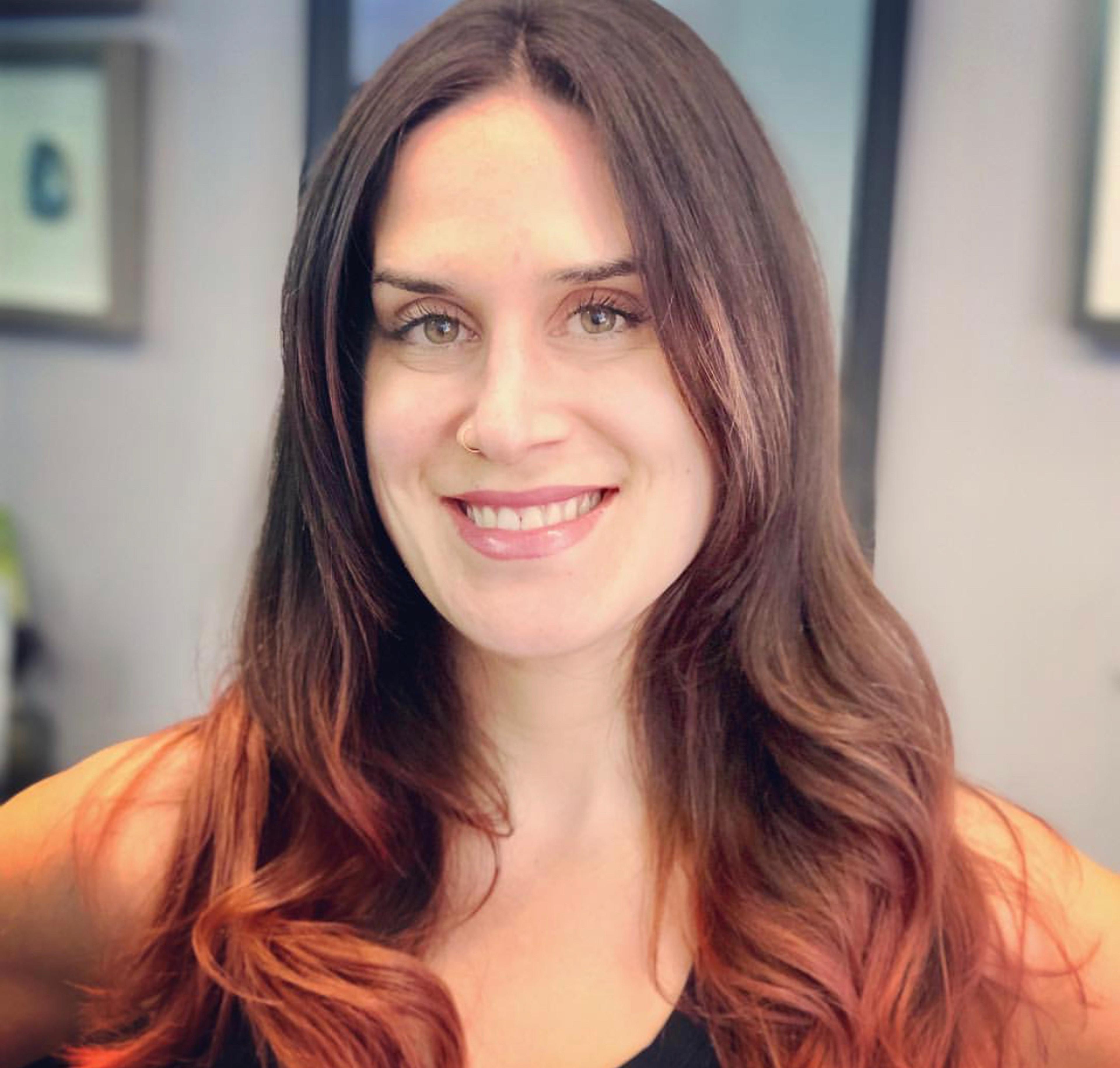
Reflecting on a former job, Equip’s Director of Lived Experience, JD Ouellette, remembers one particularly troubling post-holiday tradition: the company’s “Biggest Loser” contest with weekly weigh-ins and cash prizes for employees who lost the most weight. “Where to start with how problematic this was?” Ouellette says.
While this sort of toxicity could rear its head anytime and any place, the fact that it existed (and continues to exist) so casually in a workplace speaks to the normalization of post-holiday repentance in the form of weight loss. From fitness influencers to supplement manufacturers, everyone seems to endorse one to-do item each January: “make up” for the indulgences of the prior month.
“The beginning of the year is notoriously full of messaging in the media for weight loss, increasing activity, and ‘starting the year off right,’” says Equip therapist Maddie Friedman, LCSW. “This is so problematic because these messages are rooted in the idea that people are not inherently well and that their bodies are something to fix. It normalizes low self-worth and body dissatisfaction, and perpetuates the false narrative that weight loss will lead to greater happiness and success.”
Just as we’re sold the false notion of attaining a “bikini body” every summer, we’re expected to buy into the annual January rhetoric around calorie restriction and/or excessive exercise. Not only is this messaging steeped in fatphobia and diet culture, but it also promotes and normalizes disordered eating behaviors.
But in reality, here’s the clear truth: there’s no need to “undo the damage” of making memories and enjoying special foods with loved ones. So before you buy into a fad diet or punishing workout plan, read on for the reasons you definitely do not have to “make up” for the choices you made in December.
What’s “normal” new year behavior, and what could be problematic?
While it’s certainly true that many of us fall out of our typical routines during the holiday season, there’s no need to snap back to reality through self-punishment.
“I think most of us like to get back into our daily routine after the holidays,” Ouellette says. “We’re back to our normal sleeping and eating and movement and work and school patterns, and that does generally mean less fudge and cheese than we've been enjoying during our celebrations.”
That said, the prevalence of comments like “the diet starts January 1st!" (usually from the same people who say “calories don’t count during the holidays!”) only exacerbate anxiety around food, exercise, and body size. “Comments like these continue to normalize and endorse societal beliefs that calories need to be limited, some foods are ‘bad’ for us, and bodies need to shrink,” says Equip dietitian Emily Tauschek, RDN, CN.
Aside from stirring up stress, the enduring faith so many people put into diets is misplaced anyway, according to Friedman. “Long story short, our bodies have wisdom and diets do not,” she says. “Most diets fail and they maintain their relevance because we are more likely to blame ourselves than diet programs peddling success stories and false hope..”
Given the widespread dialogue around dieting and exercising in the new year, it can be tough to pinpoint what kind of post-holiday thoughts and behaviors could be considered problematic—but there are some warning signs to be aware of. “I think where we should get concerned is any time children and adolescents pursue weight loss, or if we see anyone developing rigid rules around their food and exercise that distance them from others,” Oullette says. “Flexibility around food and movement is mentally healthy; rigidity and rules-bound eating and exercise are not.”
Ouellette recommends parents and caretakers listen to the ways their loved ones may be speaking about their bodies, food, and movement. “When in doubt, have a conversation from a place of non-judgment: ‘it looks like you have a lot of new rules about your food and exercise. Can you tell me about it?’ is a good place to start,” Ouellette says. “If you’re unsure whether or not to be concerned, go through a list of eating disorder warning signs to see what things may be problems that you are not aware of.”
How to navigate post-holiday messaging while staying committed to recovery
With so much noise from the outside world—at all times, but particularly at the start of a new year—it can be incredibly tough for those healing from eating disorders to stay focused on recovery. Tauschek believes it’s important to approach this challenge from a place of self-compassion, first and foremost. “It's not easy to exist in a world where restriction and weight loss is normalized and praised,” she says. “Give yourself grace, lean into the support of your treatment team, set boundaries, and remember your ‘why’: why you are doing this and why full recovery is worth it.”
Friedman says the power of community and continued education about the dangers of diet culture can go a long way, too. “The diet industry does not exist to help you; it exists to profit off of your perceived ‘failure,’” she says, recommending the podcast Maintenance Phase as an informative resource that dives into research related to weight loss fads, programs, and scams. “Unfollow social media accounts that promote dieting and weight loss, even in seemingly subtle ways, and follow content that supports health at every size, enjoyment of all foods, body diversity, and movement for pleasure..”
While New Year's resolutions feed into post-holiday restriction and body manipulation, Ouellette thinks it’s important for people to keep in mind that resolutions do not have to be body-based at all. “New Year's resolutions and looking at the new year as a launching board for a ‘new you’ don't have to be based on diet culture,” she says. “You can resolve to rebel against diet culture. The ‘new you’ can choose to skip the gym without guilt. Getting into and maintaining recovery is bold and brave—stay aware of your risk factors, don't even put a single toe onto the slippery slope, and use your boldness and braveness to build and live a life that celebrates you for being you, without contingencies.”








